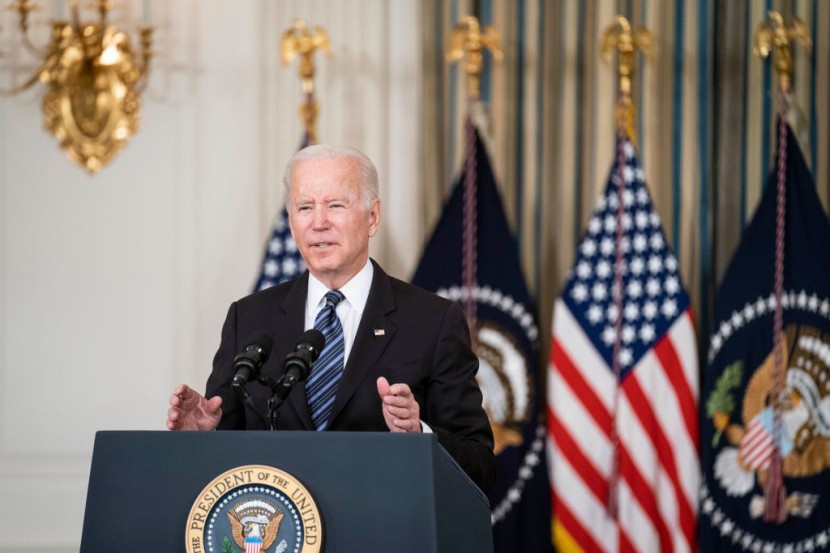
With China's continued provocation of Taiwan in an attempt to reclaim the island nation as part of its territory, the United States Congress is calling on U.S. President Joe Biden to pledge support for Taipei in the event of an attack by Beijing.
The situation comes as Biden has expressed mixed messages on his stance amid the rising tensions between the three governments. There have been conversations that have debated whether or not to adopt a more aggressive posture against China, including authorizing Biden to use military force in retaliation.
Urging Support for Taiwan
Bipartisan efforts to ditch "strategic ambiguity" are being fueled by the conversations along with efforts by White House officials in walking back some of Biden's allegedly mistaken statements. For four decades, strategic ambiguity has been the policy that has governed the U.S.'s posture toward conflict.
The doctrine was enshrined in the 1979 Taiwan Relations Act and stipulates that America remains purposely noncommittal about whether or not it would provide support for Taipei in the event of an attack by China. However, many argue that doing such, instead of deterring attacks from China, could be seen as a provocation by Beijing, Politico reported.
The situation comes as China continues to threaten supporters of Taiwan, saying that those who believe in "Taiwan independence" were criminally liable for life. The announcement was made by a spokeswoman for the nation's Taiwan Affairs Office on Friday, causing Taipei to erupt in anger as tensions between the two nations continue to rise.
The incident marks the first time that China has openly laid out concrete punishments for people it deems as supporting Taiwan. Beijing has not ruled out using military force to bring Taipei back under its wing despite the latter's claims that it is an independent country and will work on defending its freedom and democracy.
After the announcement, China has released a list of people it deemed were affected by the new punishment, including Taiwan Premier Su Tseng-chang, Parliament Speaker You Si-kun, and Foreign Minister Joseph Wu. Beijing has considered these individuals as "stubbornly pro-Taiwan independence. This is the first time that the Asian country has publicly laid out a list of people included in the category, Reuters reported.
Bolstering Taiwan's Defenses
In support of Taiwan, Republican Senators proposed a bill that would increase military support for the island nation as tensions with China continue to threaten its democracy. The bill is titled the Taiwan Deterrence Act and focuses on bolstering the island's defenses to give it a better chance of countering Beijing's potential military aggressions.
Sen. Jim Risch, the top Republican on the Senate Foreign Relations Committe, is the lead sponsor of the bill. Co-sponsors include Sens. Marco Rubio, Mitt Romney, John Cornyn, Bill Hagerty, and Mike Crapo.
The bill aims to have a funding of $2 billion annually in military grants and loans to Taiwan until 2032, but only until the island meets specific conditions and requirements. These include matching the influx of aid with its own spending and agreeing to engage with the U.S. in long-term planning about how to increase the island's defensive capabilities, The Hill reported.
Related Article:








